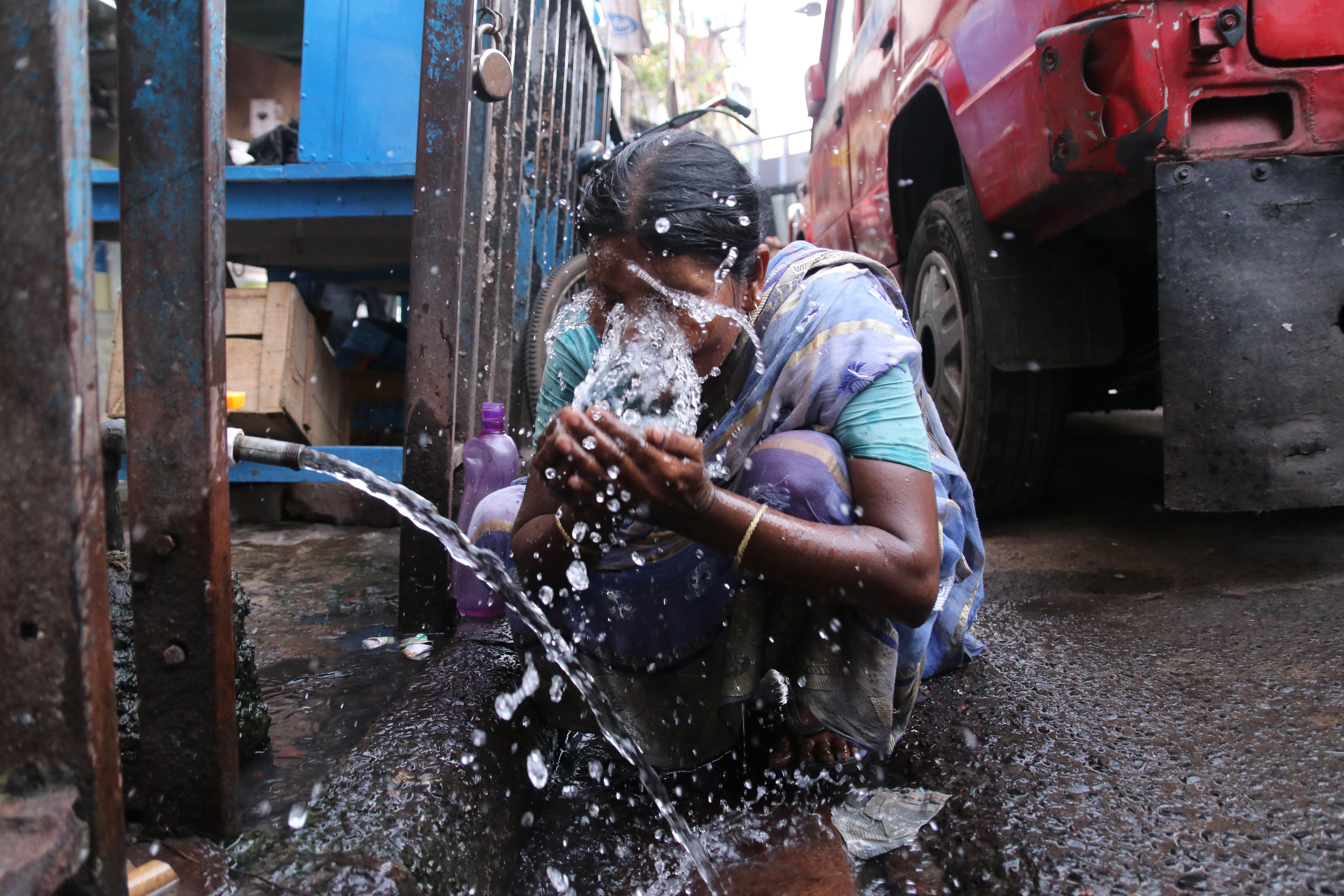Millions of Indians are suffering through one of the country’s worst heat waves in over a century.
Temperatures in India throughout April passed 60 degrees Celsius (140 degrees Fahrenheit) – a hell on earth that the Washington Post says is "testing the limits of human survival.” India’s meteorology department, meanwhile, has warned that the country is likely to continue to fry throughout May.
The problem is that residents can’t sweat it out – literally. India is not only experiencing soaring temperatures, but also soaring humidity levels, giving rise to a phenomenon known as wet bulb conditions. This occurs when temperatures exceed 88 degrees Fahrenheit and humidity is over 95%.
Indeed, sweating is a key way that the human body sheds heat. But scorching temperatures mixed with high humidity make it all but impossible for sweat to evaporate and for body temperatures to cool. In wet bulb weather, the human body literally gets cooked from the inside, ravaging internal organs.
This is what’s playing out, particularly in northern and central India, where a record-breaking heat-dome has already caused many deaths, though sporadic government reporting makes it hard to know exactly how many. Other countries, like neighboring Pakistan, are also seeing deadly wet-bulb conditions, and experts warn that more than 1 billion South Asians are now at risk of heat-related illness.
This phenomenon is becoming more widespread globally as climate change worsens. Last summer, wet bulb conditions swept North America's Pacific Northwest — temperatures in western Canada outpaced arid Dubai – leading to hundreds of deaths.
Protection from wet bulbs. For people of means, protecting oneself from these conditions might seem like common sense – avoiding direct contact with heat, staying in air-conditioned facilities, covering one’s head outdoors, and wearing loose clothes. But many people, particularly those in India who risk frequent exposure to the heat by working in the fields, don’t have access to air conditioning. And even in US states like California and Oregon, high demand for heat relief has caused power grids to buckle, leading to people frying in their urban dwellings.